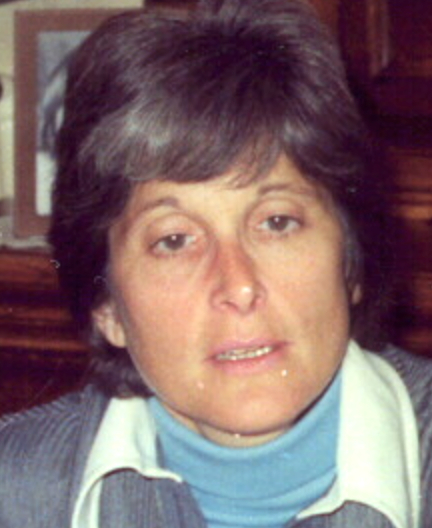On this date in 1925, writer and poet Maxine Kumin was born in the Germantown neighborhood of Philadelphia to a Jewish immigrant family. Kumin was the only daughter and youngest of four children. Before attending secular Philadelphia schools, she was enrolled at a Catholic school run by the Sisters of St. Joseph. In 1946 she received a B.A. from Radcliffe College in history and literature. After graduation she married Victor Montwid Kumin and they had three children together. Kumin returned to Radcliffe in 1948 to pursue her master’s and took a workshop nearby at the Boston Center for Adult Education conducted by John Holmes. This workshop contributed to Kumin’s career development as a poet.
After much patience as a closet poet, her first book of poetry, Halfway, was published in 1961. She published 13 more poetry books, along with numerous children’s books and other novels. “Mother Rosarine,” “The Spell,” “The Pawnbroker” and “The Chain” are some of her poems that are reflective of her Jewish heritage. Two of her other poems, “Living Alone with Jesus” and “For A Young Nun at Breadloaf,” allowed Kumin to show how religious and cultural differences can be bridged in the realm of imagination. An atheist since she was a teen, Kumin said she sometimes used God as a rhetorical device in her poetry.
Some of her later works included Our Ground Time Here Will Be Brief (1982), Looking for Luck (1992) and Connecting the Dots (1996). Kumin won a Pulitzer Prize in 1973, the Aiken Taylor Award for Modern American Poetry in 1995 and the Ruth Lilly Poetry Prize in 1999. She was also elected a chancellor in the Academy of American Poets before she resigned in 1998 in protest of the lack of blacks and other minorities on the board. Kumin enjoyed being reclusive on her farm in New Hampshire, which became her safe haven after she and her husband discovered the abandoned farm in 1962. (D. 2014)


